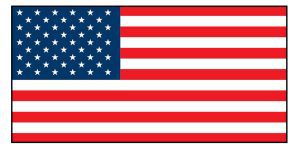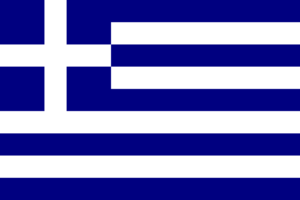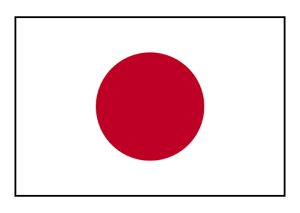

X
This site uses cookies. By continuing to use this site you agree to our use of cookies. To find out more, see our Privacy Policy and Cookie Policy.

Colours have a remarkable ability to evoke emotions, convey messages, and tell stories. Nowhere is this more evident than in the world of flags. Each hue carries a plethora of meaning and symbolism. In this blog post, we will unravel the significance of different flag colours. We will discuss how colour choices speak volumes about the values, history, and culture of the nations they represent.
Red is often associated with passion, courage, and sacrifice. Many flags use red to symbolise the bloodshed of those who fought for freedom and independence. For example, the United States flag’s red stripes stand for bravery.

Blue is frequently linked to calmness, harmony, and loyalty. It often represents the sky and the sea, two elements that hold deep significance for many cultures and nations. For example, the blue and white of the Greek flag reflect the country’s maritime history and the vast Aegean Sea surrounding it.

Green is the colour of nature, renewal, and growth. It is commonly found in flags of countries with strong agricultural ties. The green on the flag of Ireland is a tribute to the Emerald Isle’s verdant countryside, for example.

Yellow is often associated with warmth, sunshine, and prosperity. Flags incorporating yellow may symbolise hope, optimism, and a bright future. The yellow on the Brazilian flag, for instance, reflects the country’s rich gold mines and its aspirations for a prosperous future.

White is frequently the colour of purity and peace. It represents unity, innocence, and often stands as a backdrop to other colours and symbols. The Japanese flag’s minimalist design of a red circle on white, for example, symbolises the country’s reverence for honesty, simplicity and purity.

Black can hold a range of meanings in flags. It can symbolise anything from strength and determination to mourning and remembrance. It can also signify resilience in the face of adversity. The black of South Africa’s flag is in combination with five other colours. This is used to represent the nation’s journey from apartheid to a united and diverse democracy.

——-
In the colourful world of flags, every colour and combination is symbolic of culture and history. The careful arrangement of colours on a flag can illustrate the values, struggles and aspirations of a community. When looking at flags, we should be mindful of the meanings not just of the symbols on them, but their colours too.